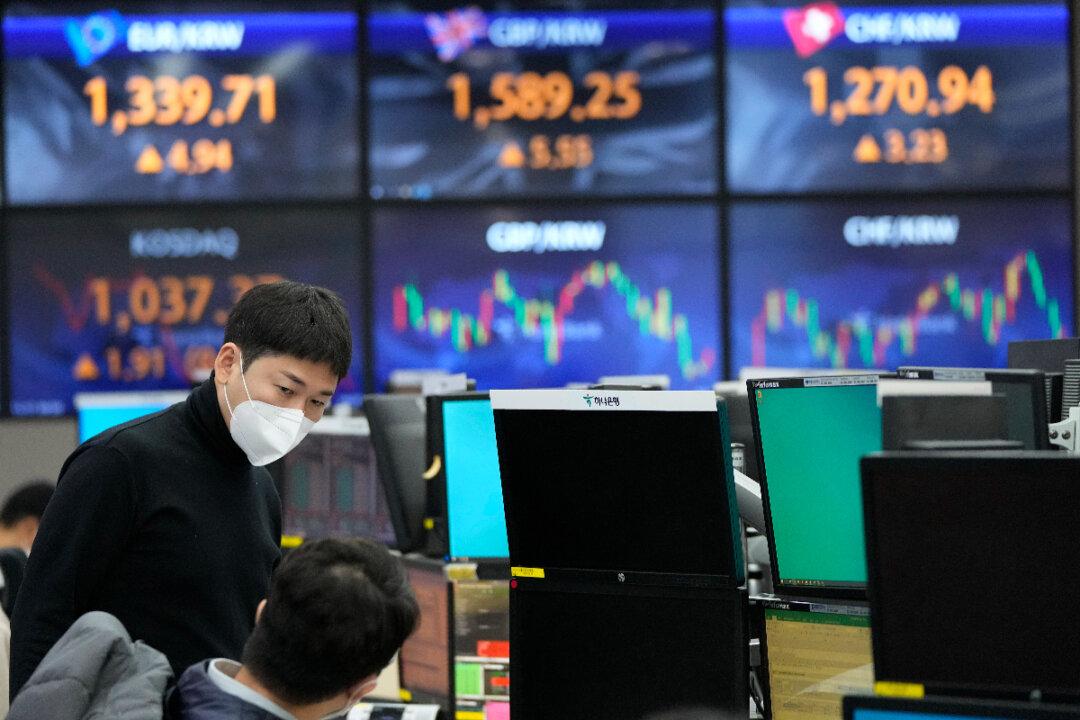Global shares were tangled on Nov. 17 yet Asian shares failed to see market-boosting news following virtual talks between U.S. President Joe Biden and Chinese leader Xi Jinping.
At a three-hour meeting on Nov. 15, the two leaders dialed down some of the heat in Sino-U.S. tensions, though both sides held to entrenched positions on a range of issues. The positive tone offered a slight boost to Asian shares on Nov. 16, but this proved short-lived.




